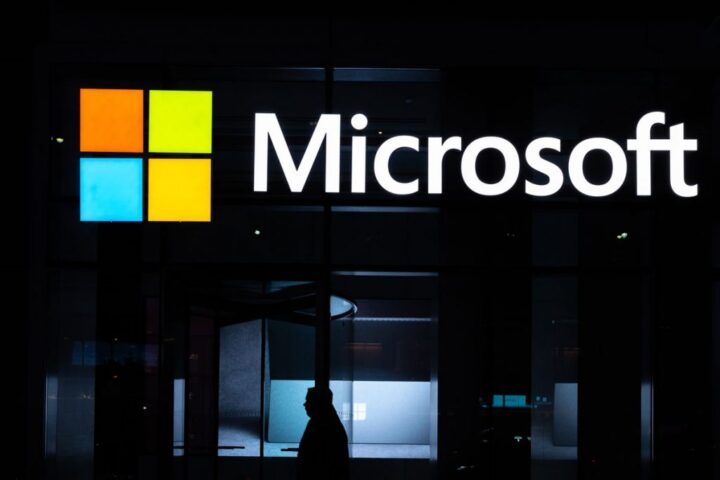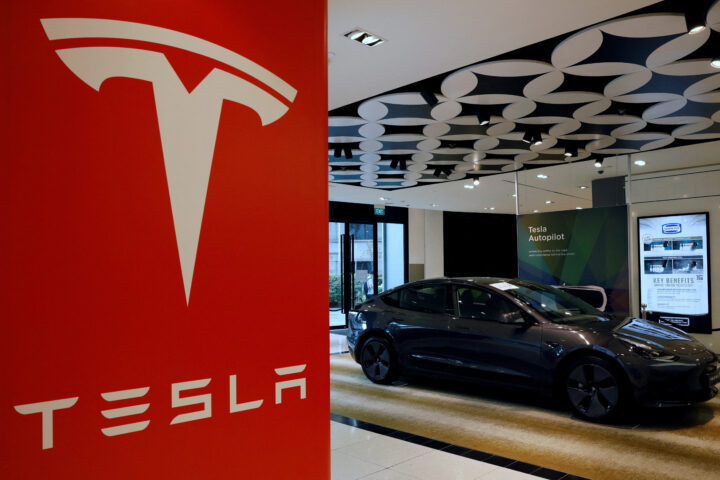A former human resources executive at Twitter has filed a class-action lawsuit accusing the company of failing to pay approximately $500 million in severance pay owed to former employees. The complaint, brought by Courtney McMillian, the social media site’s former “head of total rewards,” alleges that Twitter owner Elon Musk was aware of the severance plan before initiating mass layoffs but resisted the associated expenses. This lawsuit adds to the multiple legal actions filed against Twitter following the widespread firings that occurred after Musk’s acquisition of the company. Let’s delve into the details and explore the implications of this lawsuit.
Main Body:
Courtney McMillian, a former executive at Twitter responsible for overseeing employee rewards, has initiated a class-action lawsuit against the company, alleging that it failed to pay approximately $500 million in severance to former employees. The complaint claims that Elon Musk, the owner of Twitter, was aware of the severance plan before the mass layoffs but was reluctant to bear the associated costs.
The lawsuit represents the latest legal challenge faced by Twitter in relation to the extensive layoffs that followed Musk’s $44 billion acquisition of the company last year. The layoffs affected around 6,000 employees, according to the complaint.
According to the severance plan in place at Twitter, employees were entitled to a minimum of two months’ base salary as severance pay, along with a cash contribution toward health insurance and other benefits. More senior employees, including McMillian, were due six months’ base salary as severance pay, plus an additional week for each full year of experience.
However, the complaint alleges that employees received no more than three months’ pay after being laid off. This included one month of severance pay and two months’ worth of pay to comply with U.S. labor laws that require providing workers with notice of terminations.
The lawsuit claims that this payment was a mere fraction of the $500 million to which the employees were entitled.
Twitter, which no longer maintains a public relations department, did not provide any comment regarding the lawsuit.
Elon Musk had previously stated, following a round of mass layoffs in November, that employees would receive three months’ worth of pay, which he claimed was 50% more than legally required.
The complaint accuses Musk of misleading employees about the company’s commitment to honoring the severance plan, resulting in some individuals remaining at the firm longer than they otherwise would have. According to Kate Mueting, the attorney representing McMillian, Musk made these promises with knowledge that they were necessary to prevent widespread resignations that could have jeopardized the merger’s viability and Twitter’s future.
The BBC reached out to Twitter for comment but has not received a response.
Conclusion:
The lawsuit brought by former Twitter HR executive Courtney McMillian highlights allegations of $500 million in unpaid severance pay owed to former employees. The legal action adds to the challenges faced by Twitter following the significant layoffs that occurred after Elon Musk’s acquisition of the company. The lawsuit asserts that employees received significantly less than their entitled severance, alleging that Musk misled them about the company’s commitment to honoring the severance plan. As the legal proceedings unfold, Twitter will need to address these allegations and respond to the mounting concerns surrounding the unpaid severance, while the impacted employees seek resolution and justice.









